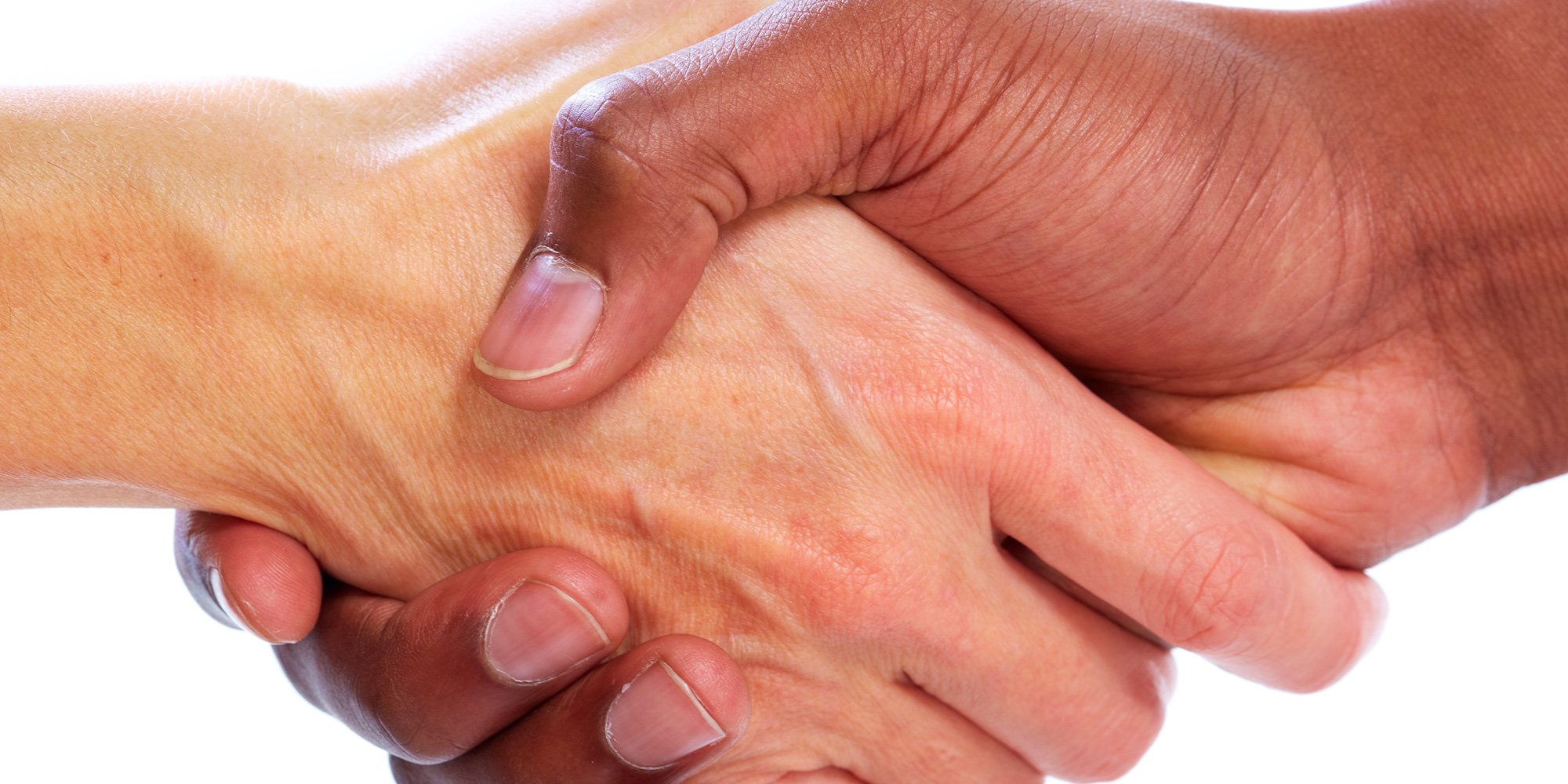Trust is one of the most outstanding achievements of civilization and a resource for its development, the possibility of the existence and progress of the economy, science, and society. Trust allows transcending the boundaries of family clans and nepotism, establishing relationships with people. Trust is not just a belief in the honesty and goodwill of others but also a willingness to adhere to specific rules, aligning words and actions. Trust creates reciprocity and mutual expectations, the reinforcement of which strengthens trust, reduces uncertainty, and allows for long-term planning. Trust takes various forms, primarily interpersonal trust and basic trust worldwide. The higher the radius of trust – the circle of people you trust – the healthier and more prosperous society becomes.

Trust is a significant factor in health. A high level of trust is associated with better health and longer life expectancy. Observations on mortality have shown that people with high levels of trust have better survival rates. Trusting individuals are less socially isolated and more likely to seek and receive help. Trust creates psychological safety within a group, providing the opportunity to act actively without fear and threat to self-esteem, status, and career. All of this reflects on economic prosperity, with up to 40% of differences in GDP attributed to the trust factor.
Trust is a target of propaganda and ideologies, both right and left, seeking to undermine it. Right-wing ideologies sow hatred towards anyone who disagrees, labeling them as "enemies." In contrast, left-wing ideologies foster hostility between people, suggesting that all interactions are forms of oppression (from family to the state). Totalitarian propaganda also attacks trust by spreading the idea that "everyone lies" to paralyze society. Leftist value destruction leads to an increase in groups with openly hostile programs, undermining overall trust. Trust based on shared values works; blind trust makes people vulnerable to manipulations.
The trust exists when others follow the rules and are friendly toward us. When overtly hostile groups emerge in society, trust declines. A decrease in trust forces society to operate through coercion, making it inefficient and leading to increased suspicion, social isolation, hostility, and economic inefficiency. Growing distrust leads to an increase in conspiracy theories and paranoia—distrust of doctors results in worsened health and the popularity of pseudo-health practices, etc.
As Nietzsche sadly noted, "I am not upset that you lied to me, but that I can no longer trust you." People who don't trust each other cannot collaborate fully end use their full potentials. Individuals raised in such an environment have low baseline trust, shaping their view of the world as an evil place where everyone always lies. Prejudices lead to suspicion, making a person's behavior hostile. The individual begins to lie to themselves, and falsehood permeates their entire life – as was the case in the Soviet Union, steeped in lies.
What can be done? As Epictetus wisely remarked, "every matter has two handles – one by which it can be borne, and another by which it cannot. If your brother acts unjustly, don't look at the matter from the side of his injustice, since this is the way it cannot be borne. Look instead at the side that shows he is your brother, that you were brought up together."
- Setting trust in the world. For the Stoics, this was the maxim amor fati – love of fate, as our only reality. Without trust and love, we will constantly try to escape into escapism. In Christianity, it's trust in God, who created the world out of love for people.
- Practice honesty and respect towards others, think and speak, and act clearly. Acknowledge your mistakes and be willing to compromise. Engage in more joint voluntary activities – sports, hikes, volunteering, interest clubs, etc., where you can safely and actively interact with people. Trust creates expectations; when you appeal to a person's better version, you elevate them to a higher level. Approach the best, not the worst, in people.
- Trust needs protection. Human predators parasitize on trust and sow hostility to destroy trust – and this needs to be stopped. Trust those who are benevolent towards you, and under no circumstances trust people, groups, or representatives of countries who openly threaten to harm you.
Trust, health, and longevity J Behav Med 1998 Dec;21(6):517-26.
Trust: The Social Virtues and the Creation of Prosperity. Francis Fukuyama
The effect of trust and change in trust on self-rated health: a longitudinal study among aging people Arch Gerontol Geriatr 2009 Nov-Dec;49(3):339-42.